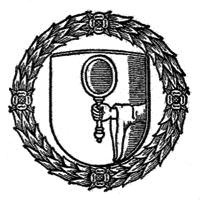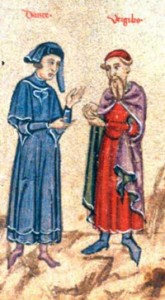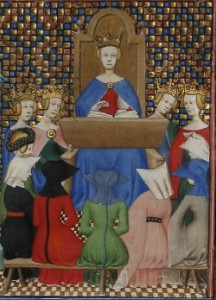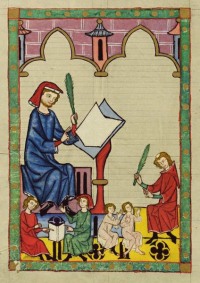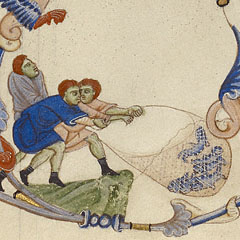 The end of the year is now quickly approaching, and we encourage you to renew your membership in the Medieval Academy for 2016 as soon as possible. If you have not already renewed for 2016, please do so by 31 December 2015.
The end of the year is now quickly approaching, and we encourage you to renew your membership in the Medieval Academy for 2016 as soon as possible. If you have not already renewed for 2016, please do so by 31 December 2015.
Click here to renew online. You will need to sign in with your username and password; if you have forgotten either, please contact us at info@themedievalacademy.org. While you’re online, don’t forget to take advantage of the reduced subscriptions to several online bibliographies and the ACLS Humanities E-Book Library that are available to Medieval Academy members. We invite you to take this opportunity to explore our website and, after signing in with your username and password, update your personal homepage so that you can connect with other members with similar interests. Members can now use their personal MAA homepage to indicate an interest in being considered to serve on one of our committees or to review books for Speculum. In this way we hope to engage more members in our work.
Since the Medieval Academy is a membership organization not affiliated with any other institution, we rely on the income received annually from member dues to maintain our program of publications, awards, grants, and conferences.
We are pleased to report that in 2015, with your contribution, the Academy increased its support of members, especially graduate students, through the numerous awards and fellowships offered annually, while continuing to streamline administrative functions and increase digital offerings. Funds awarded to graduate students topped $100,000 this year, including the new Olivia Remie Constable Awards, GSC/MAA Grant for Innovation, and the broadened MAA/CARA Summer Language Stipends program. These and other programs are made possible thanks to the efforts of our numerous volunteer committees, from the Speculum boards to the many awards committees, from the Committee on Centers and Regional Associations (CARA) to the Graduate Student Committee. We are particularly pleased to announce that, as of January 1, Speculum will be published in partnership with the University of Chicago Press.
You can easily pay your dues through the MAA website. The dues and donations categories are outlined on the website with links you can follow for further explanation. If you have already renewed, thank you. If you are a Corresponding Fellow, an Honorary Life Member, or a Life Member, no dues are payable, but we hope that you will consider making a gift to the Academy here. We encourage all members to consider supplementing their membership by becoming a Sustaining or Contributing member or by remembering the Academy with a bequest as part of our Legacy Society. In addition, you may want to give a gift membership to a colleague or student; please contact us at info@themedievalacademy.org for more information.
If you prefer to renew by mail, our traditional paper membership form can be printed here.
With a healthy fiscal outlook, increased digital offerings, and expanded services, the Medieval Academy has more to offer members than ever before. We sincerely hope that you will renew soon and continue your valued membership in the Academy. We look forward to working with you in developing the future of the Medieval Academy of America and of medieval studies in North America and beyond. Click here to renew.
Barbara Newman, President
Lisa Fagin Davis, Executive Director

